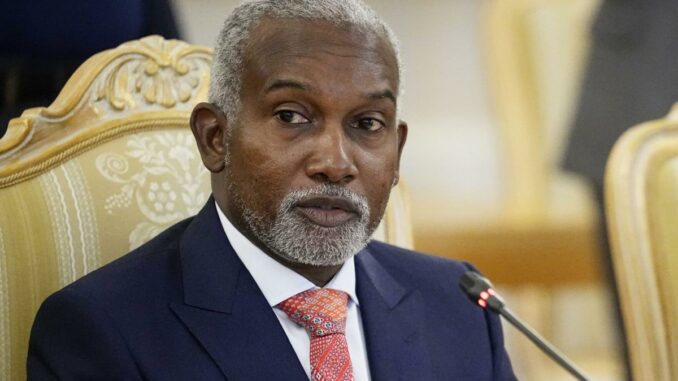
Nigeria’s Foreign Minister expressed deep concern Wednesday over potential U.S. plans to expand travel restrictions to 36 additional countries, warning such measures would severely hamper trade agreements with West Africa, particularly in critical minerals and energy sectors.
Foreign Minister Yusuf Tuggar, speaking at an Economic Community of West African States (ECOWAS) meeting in Abuja, characterized the potential visa restrictions as “non-tariff barriers to agreements” that would undermine regional economic opportunities.
According to sources familiar with a draft memorandum, Washington is considering extending entry restrictions to nearly 1.5 billion people globally, with Africa’s most populous nation prominently featured on the list. Two West African nations, Togo and Sierra Leone, already face restrictions under President Donald Trump’s current twelve-country travel ban.
“We would like to conclude agreements with the United States, but visa restrictions are non-tariff barriers to agreements,” Tuggar told his ECOWAS colleagues. He emphasized the unfortunate timing, noting the region’s readiness for business partnerships and its wealth of essential minerals and rare earth elements.
The minister’s comments underscore growing African frustration with U.S. immigration policies that potentially contradict Washington’s stated goals of strengthening economic ties with the continent. West Africa’s strategic importance has increased amid global competition for critical minerals essential to renewable energy technologies and defense applications.
ECOWAS member states collectively represent over 400 million people and constitute one of Africa’s most dynamic economic regions. The potential blanket restrictions would affect diplomatic relations, business travel, educational exchanges, and family reunifications across the fifteen-member bloc.
Nigerian officials privately express concern that such restrictions could push West African nations toward alternative partnerships with China, Russia, and other global powers actively courting African mineral resources and energy markets.
